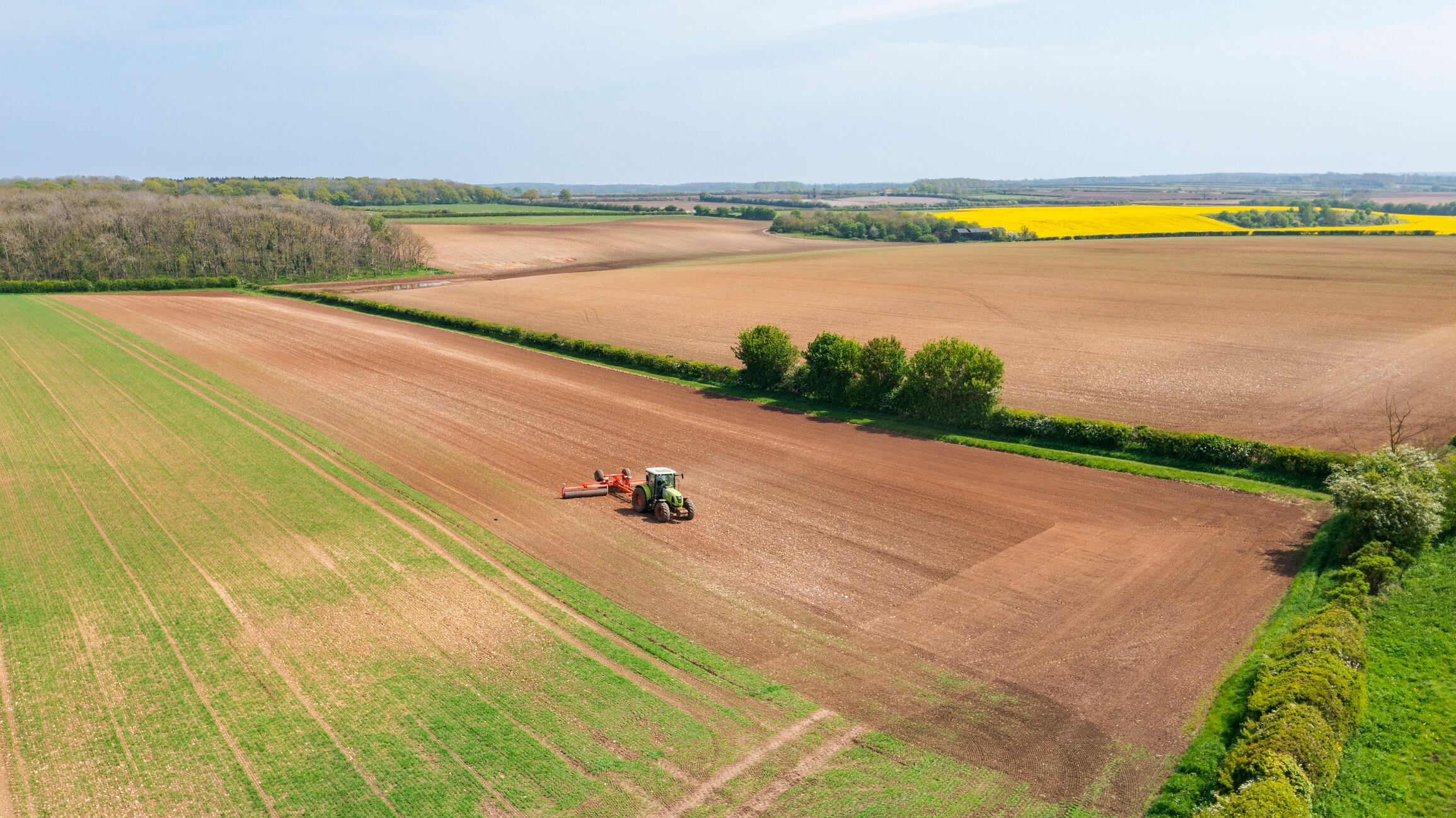The UK National Action Plan on Pesticides (NAP), set out by the four UK governments this month, has been designed to protect the environment and human health, boost food production and promote more sustainable pesticide use.
The plan details how the four governments will support farmers and growers to voluntarily increase their use of “nature friendly techniques” that control pests and limit pesticide resistance, as part of efforts to reduce the potential harm from pesticides by 10% by 2030.
Pesticide resistance, climate change and invasive species pose “significant challenges” to UK food security, the plan acknowledges, with the governments hoping to prompt changes in pesticide usage that allow pollinators to flourish.
The core goals of the NAP include the creation of clear targets and measures that monitor the use of pesticides, support for the uptake of Integrated Pest Management (IPM) and efforts to strengthen compliance and promote good practice.
Progress towards the 10% by 2030 target will be monitored using a Pesticide Load Indicator that measures the impacts of pesticides across 20 different indicators.
Through the Farming Innovation Programme, Defra has committed £150 million for industry-led research and development in agriculture and horticulture, while support will be provided for manufacturers to bring more biopesticides to market and reduce the barriers to innovation and access to precision application technology, such as drones.
The NAP builds upon existing resources that been allocated to support farmers in implementing IPM and ministers have committed to ending the use of three neonicotinoids — clothianidin, imidacloprid, and thiamethoxam – in England
“The Government is restoring our natural world as part of our commitment to protect the environment while supporting productivity and economic growth,” said environment minister Emma Hardy.
“That is why we have banned bee killing pesticides in England and today we’re going further to support farmers and growers to adopt sustainable practices.”
Wales’ deputy first minister with responsibility for climate change and rural affairs, Huw Irranca-Davies, added that the Welsh Government would also take direct action through its Sustainable Farming Scheme and by “working with parks, gardens and home gardeners to help us stop and reverse nature loss”.





